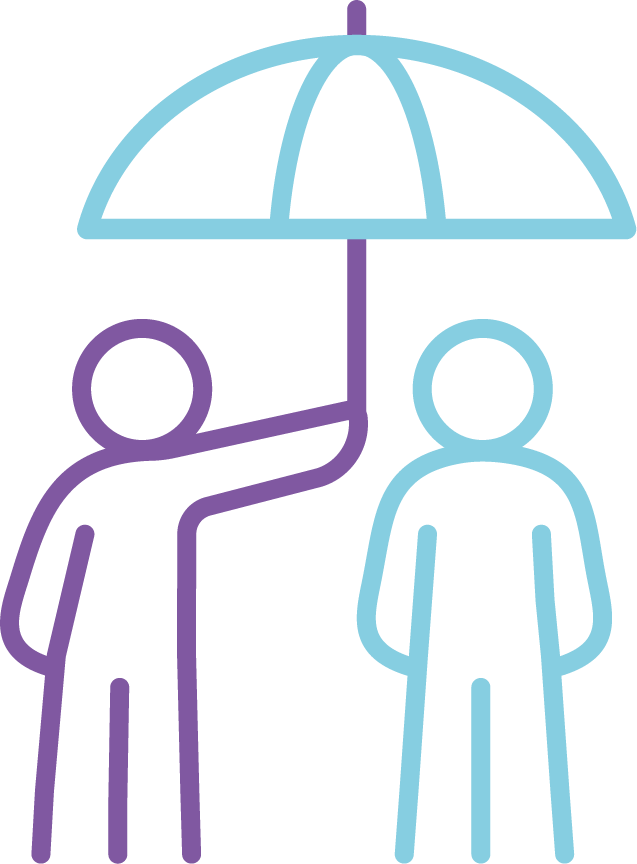How to report stalking and harassment to the police
In an emergency, when a crime is being committed or has just been witnessed, there is a risk of injury, or a risk of serious damage to property, call 999.
In a non-emergency or to make a general enquiry, call 101.
You can report stalking or harassment to Greater Manchester Police (GMP) online. Your report will be dealt with in exactly the same way as if you’d spoken to an officer directly.
If you want to speak to an officer in person, visit a police station. Find your nearest police station. GMP will provide a safe and comfortable environment and a translator if you need one.
You can report anonymously to Crimestoppers on 0800 555 111. Crimestoppers is a charity that’s entirely independent of police and never shares details of people who’ve got in touch.
What to do if you’re being stalked or harassed
The first step is to recognise that you’re being harassed or stalked. If someone’s unwanted behaviour happens two or more times, it might be a crime and you can report it to the police.
Here are six steps you can take to protect yourself, but only do what’s safe for you:
- Don’t engage with your stalker in any way
- Keep evidence if you can and log incidents by making a note of the date, time, what happened and how it made you feel
- Talk to family, friends, neighbours, work colleagues or your manager about the harassment if you feel comfortable doing so. They may be able to help by collecting further evidence on your behalf or by putting protective measures in place
- Check how much of your personal information is public and take steps to protect your data
- Trust your instincts
- Call 999 in an emergency
Physical stalking – ways to keep safe
If you’re being stalked in person, there are ways to protect yourself, but only do what’s safe for you.
You can:
- carry a personal alarm, when activated these emit a loud noise and sometimes also have a bright light that flashes
- vary your daily routine and take different routes to and from work
- know where the nearest safe location is, this could be a police station or a 24-hour supermarket with security guards and CCTV
- talk to the police about installing CCTV and/or installing a panic button at your home
- install an alarm system at your home
- use a smart doorbell with camera
- ensure all your doors and windows are locked before you leave home or go to sleep
Online stalking – ways to keep safe
If you’re being stalked online, there are ways to protect yourself, but only do what’s safe for you.
You can:
- get your computer checked for malware and keystroke logging software
- install anti-virus and firewall software on your devices and keep it up to date
- change your passwords frequently and don't use the same password for everything
- limit the amount of information you share about yourself on social media and check your privacy settings. The National Cyber Security Centre has advice on how to check your settings on all the major social media platforms
- report any stalking/harassment activity on websites to the administrators. If they won't act, contact the web hosting company
- visit the Greater Manchester Police website for more information on how to protect yourself from online stalking and harassment
Protective orders the police or courts can issue
There are different protective orders that can help protect you from further stalking or harassment. These are issued by the police or courts and include:
- stalking protection orders
- restraining orders
- criminal behaviour orders
- domestic violence protection orders
You can apply online, by email, by post or in person for a non-molestation order if you’re a victim of domestic abuse and the person who’s currently stalking or harassing you is an ex-partner.
For more information visit the Greater Manchester Police website.





